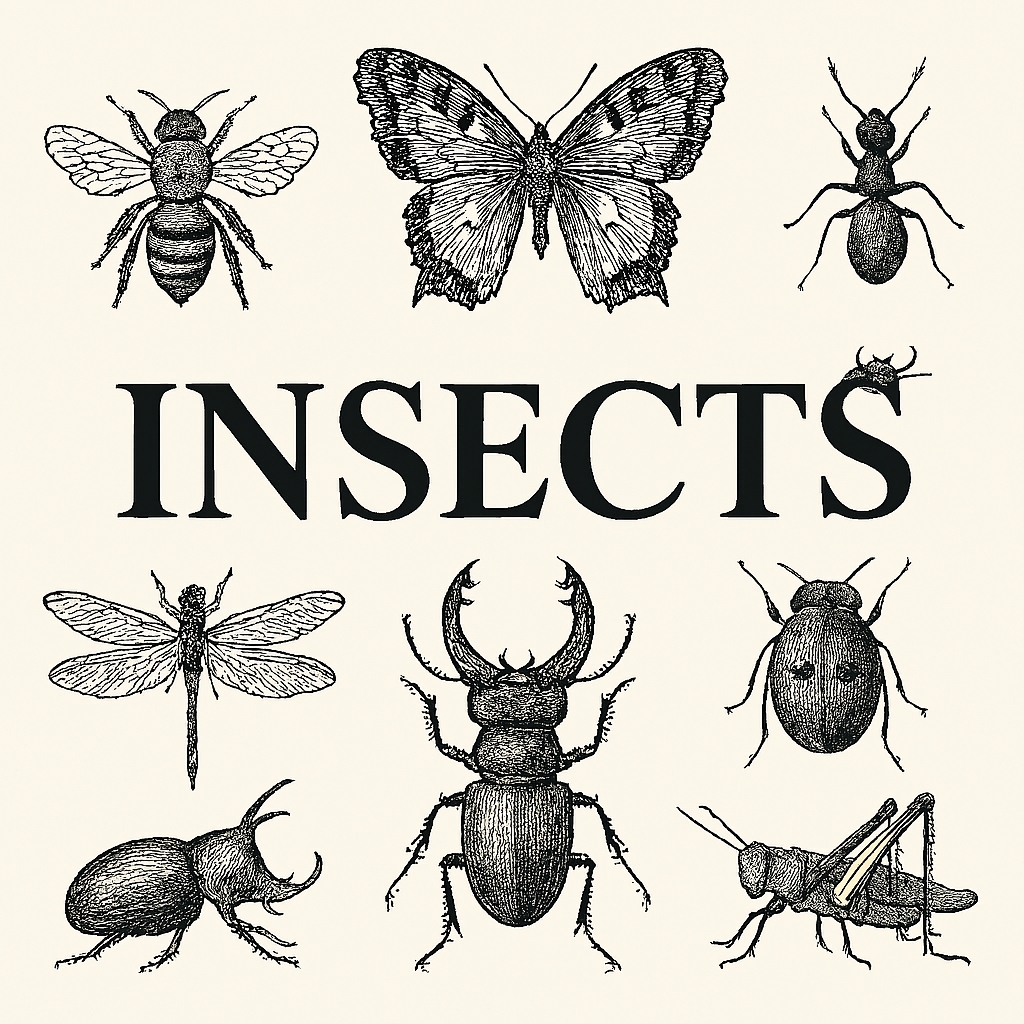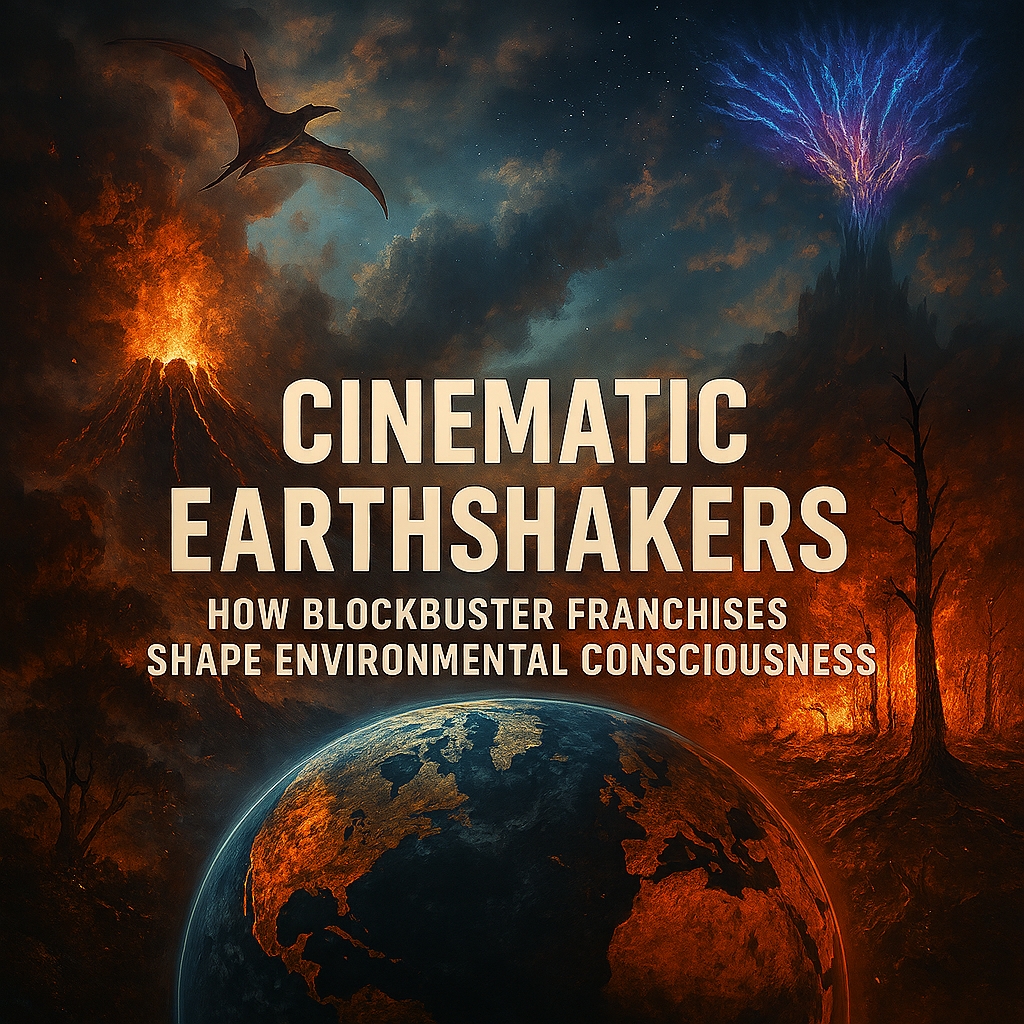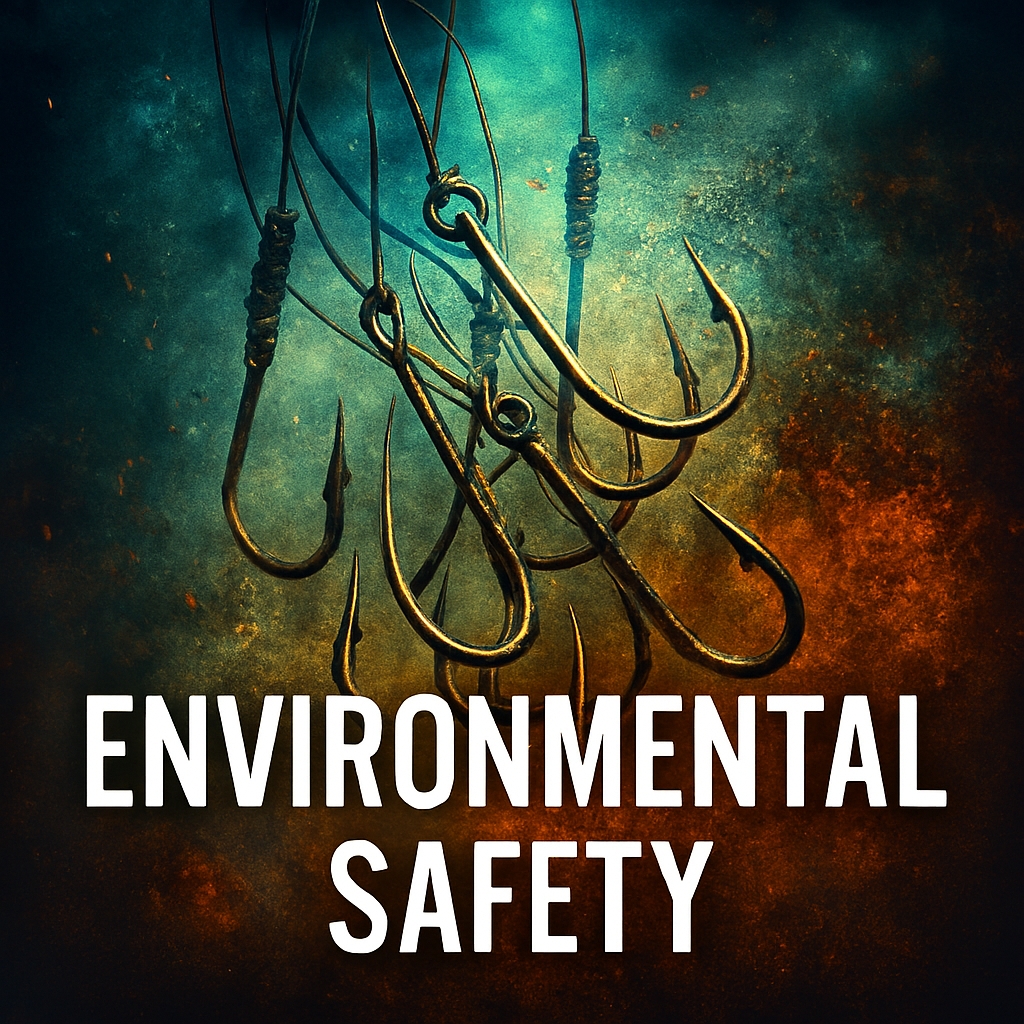Should We Worry About What We’ve Lost or Look Forward to What We Can Save?
————————————————————————
Navigating the Climate Crisis With Learning Environments For A Change In Future
Climate change and the loss of biodiversity are twin emergencies threatening our planet. As we grapple with these challenges, it’s essential to strike a balance between acknowledging our losses and taking proactive steps to protect what’s left. In this blog post, we’ll delve into why excessive worry might hinder progress and explore alternative approaches.
The Anxiety Trap Of Learning Environments For A Change In Future
Information Overload – We’re bombarded with alarming facts and figures about our planet’s plight. The impending doom can trigger anxiety, leaving us feeling helpless and overwhelmed.
Stress and Blame is when threatened, our stress response kicks in. We become problem-focused, seeking someone or something to blame. However, this mindset doesn’t or may not lead to creative solutions & sometimes more blame.

Should We Worry About What We’ve Lost Or Look Forward To What We Can Save?
How We Got Here
One way is by not learning environments for a change in future!
Consumer Society – Our modern society revolves around consumption. We’ve overused resources, leading to climate change and ecosystem destruction. Consuming more won’t meet our needs; it exacerbates the problem.
Sustainable Development – We must shift toward sustainable practices. Conserving resources—such as water, soil, and wildlife—ensures a healthier future.
Wiser Action
Spread Awareness – Encourage others to reduce carbon pollution. Join global movements advocating for change.
Focus On What You Can Control Acknowledge – worry but channel it into actionable steps. Identify unproductive worrying and redirect your energy.
Balancing the Present and the Future
1. The Disenfranchised Future
Our great-grandchildren, though powerless in today’s society, are profoundly affected by our decisions. They lack the ability to vote, lobby, or directly express their views. Yet, our actions shape their world: the laws we enact, the infrastructure we build, and the debts we incur.
2. Longtermism: A Moral Imperative
William MacAskill advocates for “longtermism,” emphasizing that positively influencing the distant future is a crucial moral priority. Just as civil rights and women’s suffrage expanded our circle of consideration, we must extend our empathy to the children of our children. Future people count, and we can actively improve their lives.
3. Feeling for Future Generations
While it’s challenging to empathize with those yet unborn, our actions reverberate across time. We don’t dispose of radioactive waste without considering its impact on future generations. Concern for climate change, pollution, and sustainability extends beyond our lifetimes. Museums, parks, bridges, schools, and preservation efforts all reflect our care for the future.
4. The Vastness of Humanity’s Future
The number of future individuals could be staggering—far beyond the 8 billion alive today. Our choices ripple forward, affecting countless lives. As we navigate this moral dilemma, let’s strive for a balance that honors both the present and the generations yet to come.

Can We Learn From What Is Gone Or Start New
Learning from Our Ecological Past & A Path to a Sustainable Future
1. Nature’s Dynamism and Adaptability
Rather than merely recreating the past, we should focus on conserving nature’s dynamism and adaptability. Our ecosystems have evolved over millions of years, adapting to changing conditions. By understanding these natural processes, we can deliberately move species to revive habitats, protect vulnerable species, and encourage evolutionary resilience.
2. Healthy Soils for Food Systems
Our food systems rely on healthy soils. The revival of plants, crops, and forests hinges on restoring degraded soils. This involves rebuilding complex relationships between soil, plants, and a myriad of microbes—such as fungi, bacteria, and viruses. Fungi, in particular, play a crucial role in nutrient cycling and ecosystem services.
3. Immediate Action for Restoration
We stand at a crossroads. Urgent action is essential to reverse the ecological crisis. Pledges and promises must translate into immediate restoration efforts. The UN Decade on Ecosystem Restoration provides an opportunity to revive our life support system—the natural world. Let’s turn rhetoric into reality and safeguard biodiversity for future generations.
4. Ethical and Scientific Restoration
Billions are being invested in restoration projects worldwide. How well we execute these projects matters. Science and ethics must guide us as we undo the harm we’ve inflicted on the planet. Our choices today shape the future of life on Earth.

Wiser Action
The Unintended Consequences
1. Plastic Straw Bans
Plastic straws were once “environment enemy number one.” Remember that viral video of a marine biologist extracting a plastic straw from a turtle’s nose? It sparked a global movement to ban straws. However, the anti-straw campaign, while successful in raising awareness, had limitations. Focusing solely on straws ignored the broader issue of single-use plastics. We must address all forms of plastic pollution, not just straws.
2. The Illusion of Quick Fixes
Banning specific items can create an illusion of progress. For instance, banning plastic bags or straws seems like a straightforward solution. But it’s essential to recognize that these bans alone won’t solve our plastic problem. We need comprehensive strategies that invest in sustainable alternatives and address the root causes of pollution.
3. The Need for Holistic Solutions
Rather than a full stop ban on specific items, we should prioritize holistic approaches. Let’s focus on systemic change, innovation, and education. By understanding the interconnectedness of environmental issues, we can create lasting solutions that benefit both society and the planet.
In Conclusion
As stewards of this planet, we face a profound choice. Should we prioritize immediate gains or invest in a sustainable future? The answer lies in striking a delicate balance—a dance between the present and the unborn.
Our legacy extends beyond our own lifetimes. Let’s build a world where our great-grandchildren inherit not just our mistakes but also our wisdom. By considering both the disenfranchised future and the vastness of humanity’s potential, we can leave a positive mark on the tapestry of time.
Let’s honor what we’ve lost while actively safeguarding what remains. By balancing concern with action, we can create a more resilient and sustainable world.
Join the Discussion
What are your thoughts? Should we prioritize immediate gains or consider the welfare of future generations? How can we strike a balance that benefits both the present and the unborn? Share your insights below, and let’s explore this crucial topic together!
#PresentVsFuture #LegacyMatters #SustainableChoices #LongtermThinking #ClimateAction #FutureGenerations #EnvironmentalStewardship #HolisticApproach #EthicalDecisions #ImpactBeyondToday #WiseInvestments #LegacyBuilding #EmpathyForTomorrow #OurChildrensChildren #PositiveChange #GlobalResponsibility #ThinkAhead #SustainabilityMatters #LegacyOfWisdom #InheritedWorld #ChooseWisely #BeyondOurLifetime #EnvironmentalLegacy #FutureImpact #BalancingNowAndLater #GenerationalWellBeing #OurSharedPlanet #TimelessChoices #EchoThroughTime

















free ebook downloads 1
I have recommended this blog to all of my friends and family It’s rare to find such quality content these days!